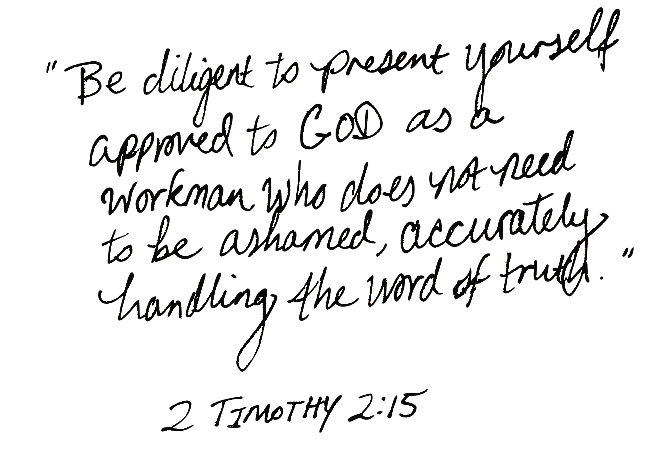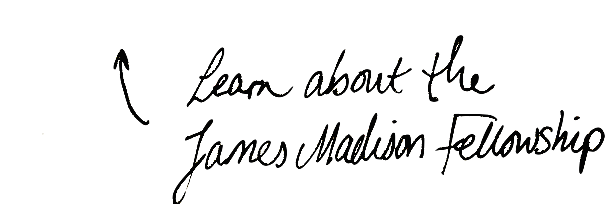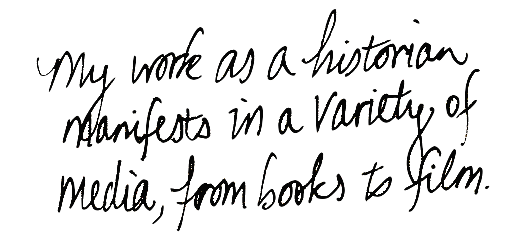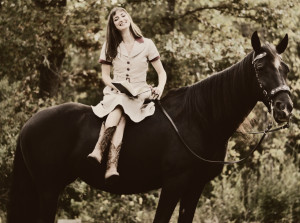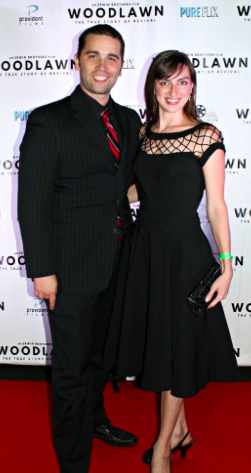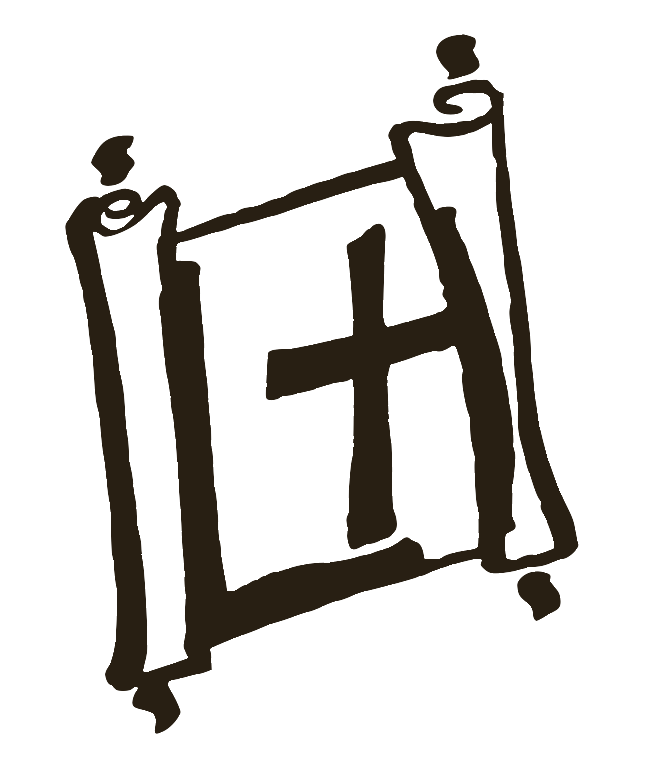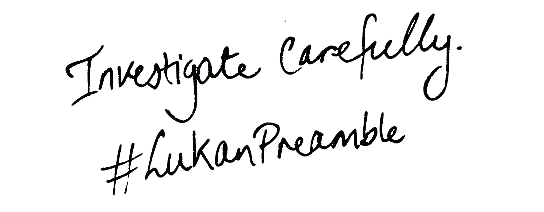 Anyone who has followed my writings for awhile knows that I have a thing for men of science. I adored Sir Isaac Newton at an early age, I wrote a screenplay about Chief Chemist Harvey Wiley as a teenage girl (I think it needs a second revision), I’ve dissected Charles Darwin’s mind in college, and I interviewed Professor John Lennox a couple of years ago. I’m actually working on a new script that involves a fictional scientist, but that is a story for another day.
Anyone who has followed my writings for awhile knows that I have a thing for men of science. I adored Sir Isaac Newton at an early age, I wrote a screenplay about Chief Chemist Harvey Wiley as a teenage girl (I think it needs a second revision), I’ve dissected Charles Darwin’s mind in college, and I interviewed Professor John Lennox a couple of years ago. I’m actually working on a new script that involves a fictional scientist, but that is a story for another day.
American President Abraham Lincoln and British naturalist Charles Darwin would have both turned 204 today. As of late, I’ve seen more Americans obsessing over Darwin. Some Democrats in Congress wanted to officially designate February 12th, 2013 as “Darwin Day” to recognize “the importance of science in the betterment of humanity.” (Hmmm, as long as science has a moral check and balance, if they had the nerve to specify…)
Since I never want my academic work to go to waste, I’ve recycled some papers that readers might enjoy.

DARWIN: DEFINING THE ORIGINS DEBATE
Written for an English literature class in 2010, this essay of mine dissects the rhetorical strategies of Darwin.
FIT TO SURVIVE: DARWIN’S ACADEMIC LEGACY
Written last year for a history class on Victorian England, this term paper of mine investigates the factors behind the acceptance of Darwinism.
MY VERY OWN CHICKEN GENETICS EXPERIMENT!

- Armin Cifuentes/Ronald Martinez (Getty Images)
DARWINOCRACY: THE EVOLUTION QUESTION IN AMERICAN POLITICS
Does Darwin rule the electorate? Why does a stigma surround those who are skeptical of Darwinism, and how should candidates respond?

Jan Ingenhousz, Dutch physician (1730-1799)
“We might conceive a little more of the deep designs of the Supreme Wisdom in the different arrangement of sublunary beings. The stubborn atheist would, perhaps, find reason to humiliate himself before that Almighty Being, whose existence he denies because his limited senses represent to him nothing but a confused chaos of miseries and disorders in this world.” – Jan Ingenhousz, in a piece of writing I discovered in the antique book, The Beginnings of Modern Science: Scientific Writings of the 16th, 17th, and 18th Centuries.

